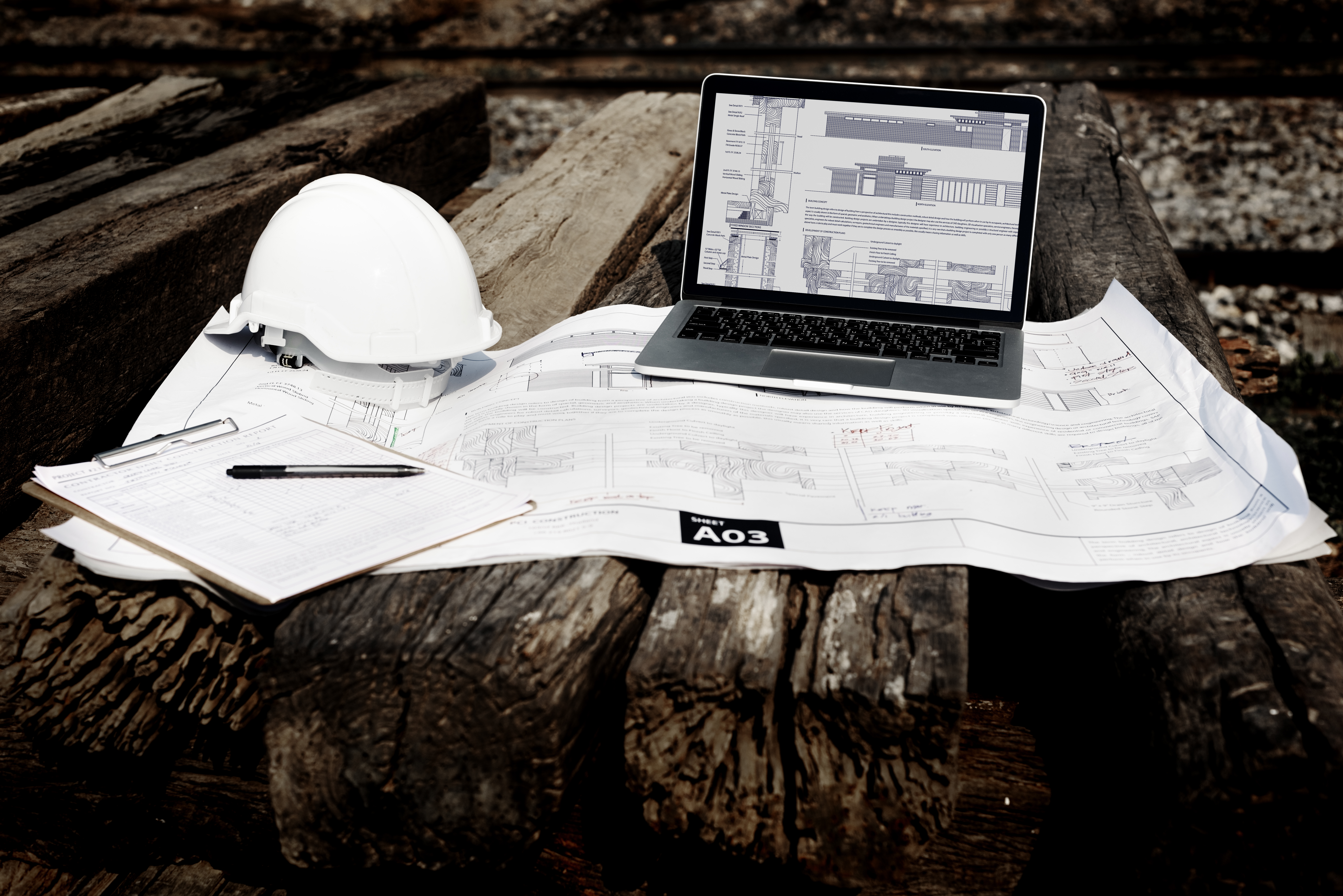Improving efficiency: The benefits of AI in construction contract auditing
24 June , 2024 11:55 AM
It is a fundamental aspect of business practice to create contracts, agreements and terms and conditions. The complexity of contracts can vary depending on the nature of the business and the construction project in question. The creation and management of such contracts is a time-consuming process that requires detailed analysis. A single clause can have a significant impact on the financial outcome of a project.
This is why many business owners and customers are turning to smart AI-powered contract management solutions and tools. Auditing a construction contract can be a challenging and time-consuming process. However, AI can streamline this process, enabling a more efficient and effective review. While humans are capable of auditing contracts, AI can do so in a fraction of the time and cost.
This article will explore the benefits of AI in construction contract audits.
Top 6 ways to use AI to audit construction contracts
The management of construction contracts with AI involves the use of AI and machine learning algorithms to generate, review, and analyse construction contracts. The use of artificial intelligence (AI) in construction contract audits can lead to significant improvements in efficiency, accuracy, reduction in costs and effectiveness.
AI-powered tools are capable of rapidly scanning and analysing large volumes of data, allowing for the identification of potential issues and anomalies in contracts, which can then be flagged for further review.
This article will explore the key ways in which AI can be utilised for construction contract audits.
1. Automated Contract Generation
The initial application of AI in the construction industry is the automated generation of contractual agreements. The incorporation of artificial intelligence (AI) into automated contract generation for construction contract audits can streamline the process. AI can be used to streamline the creation of contracts and improve their accuracy.
AI-powered tools can help you analyse complex data and generate contracts that are tailored to specific projects, taking into account various factors such as project scope, timeline, and budget. AI ensures that contracts are consistently formatted and contain all necessary clauses, minimising the risk of errors or omissions. To enhance your construction audit efficiency, you can contact a reputable Construction Contract Management Company to get access to AI-powered tools.
2. Contract Analysis
Another key application of AI in the construction industry is the analysis of contractual agreements. AI-powered tools enable the analysis of existing contracts, identifying potential issues such as ambiguities, inconsistencies and clauses that may lead to disputes. Artificial intelligence utilises machine learning algorithms to rapidly identify and extract pertinent data from intricate construction contracts.
AI-powered tools can streamline the review process, enabling auditors to dedicate their attention to high-risk areas and critical clauses. Additionally, AI can be trained to identify patterns in contract language, flag potential risks and ambiguities, and alert auditors to potential issues. By combining human expertise with AI capabilities, you can guarantee compliance with regulatory requirements, minimise disputes and optimise project outcomes.

3. Clause Recommendation
Another potential application of AI in the construction industry is the recommendation of contract clauses. Artificial intelligence can be used to recommend clauses and provisions for inclusion in a contract based on industry best practice, regulatory requirements and specific project needs. The use of AI in construction contract auditing allows for the identification of potential issues and risks at an early stage.
AI-powered audit tools can be used to analyse any contracts and identify clauses that are likely to lead to disputes or costly changes. Such clauses may include vague or ambiguous language, unbalanced risk allocation, or unclear payment terms. By offering suggestions on how to amend or rephrase these clauses, AI can assist in avoiding costly disputes and guarantee a more seamless project execution.
4. Contract Review
Another potential application of AI in the construction industry is the review of contractual agreements. AI-powered tools can assist in the review of contracts for errors, inconsistencies and non-compliance with industry standards or regulatory requirements. AI-powered contract review tools facilitate rapid analysis of complex contracts, enabling the identification of potential issues. Such tools can identify complexities such as scope creep, ambiguities and discrepancies, which could otherwise lead to costly disputes or delays.
Furthermore, AI tools can provide data-driven insights and recommendations to optimise contract language, ensuring that contracts are clear, concise, and aligned with project goals. Furthermore, AI can be used to automate routine tasks such as data entry and document management, allowing human reviewers to focus on high-value tasks. Leveraging AI can help to reduce the risk of costly disputes, improve project efficiency and enhance overall profitability.

5. Clause Summary
Another application of AI in the field of construction contract auditing is the summarisation of contractual clauses. Artificial intelligence can be used to summarise complex contracts in a format that is easily understandable to anyone. This facilitates comprehension of the terms and conditions of the contract by non-technical stakeholders. AI facilitates the automatic extraction and organisation of complex contractual terms and conditions into a concise and easily understandable format.
This technology reviews the contract language, identifies key phrases and sentences, and condenses them into a summary that highlights essential points. It is simple to generate a summary with AI, which can include details such as payment terms, the scope of work, and liability clauses. Furthermore, this reduces the risk of missed or misinterpreted clauses, and enables you to quickly identify potential issues and negotiate more effectively.
6. Contract Optimisation
One further application of AI in the context of construction contract audits is the optimisation of contracts. By leveraging AI, you can optimize contract terms and conditions to ensure they align with industry best practices, regulatory requirements, and project goals. AI-powered tools are capable of analysing large datasets and identifying inefficiencies, discrepancies and potential risks in construction contracts. This allows you to concentrate on high-priority areas while reducing the time required for the audit process.
Furthermore, AI can assist in automating manual tasks, such as data entry and document review, allowing you to focus on high-value activities like strategic decision-making and expert judgement. Leveraging AI in contract audits allows you to enhance the accuracy, efficiency, and effectiveness of your contract auditing processes. To gain access to AI-powered tools for enhanced contract optimisation, you can contact a reliable construction contract management company.
The future of construction contract management is artificial intelligence (AI)
The future of construction contract audits is set to undergo a significant transformation with the integration of artificial intelligence (AI). AI-powered contract audit tools can be utilised to analyse intricate construction contracts, identifying potential risks and issues. AI can also assist in the early identification of potential issues, reducing the likelihood of disputes and improving project outcomes. It enables efficient, accurate and proactive decision-making, optimising projects for success.
